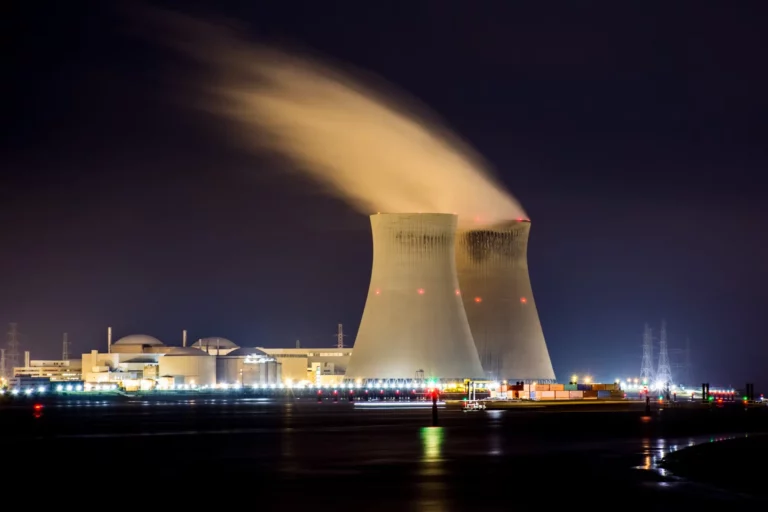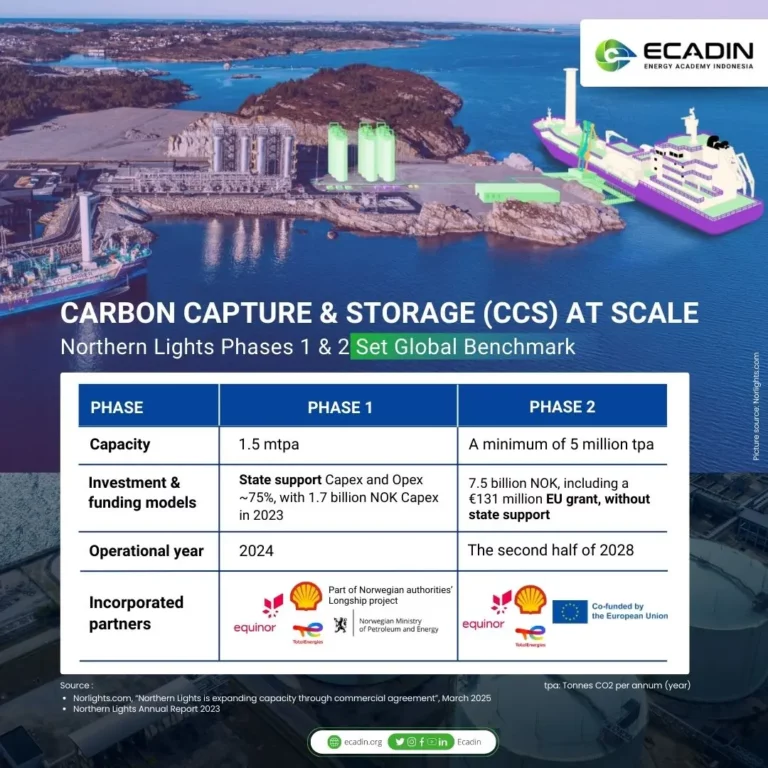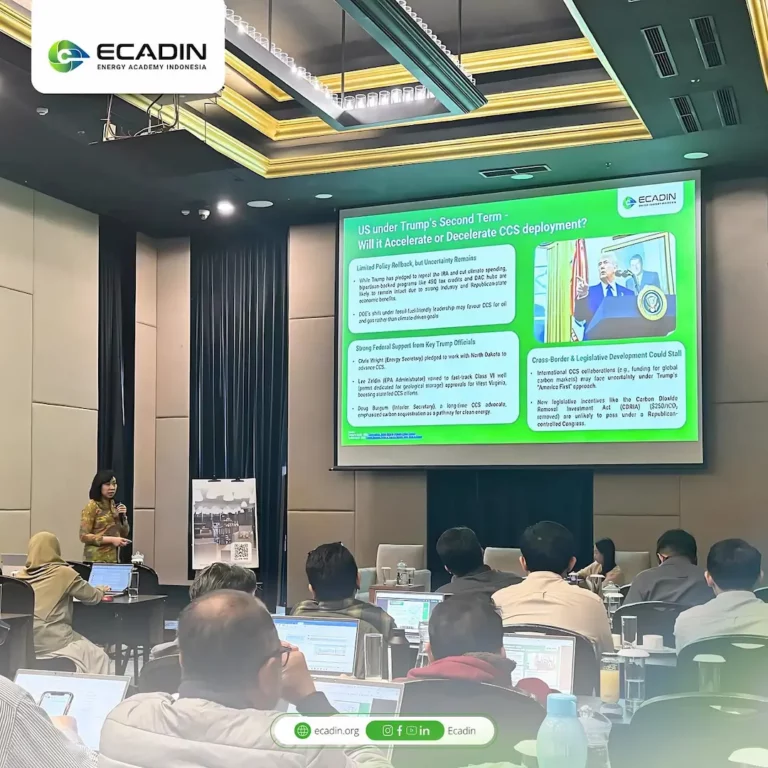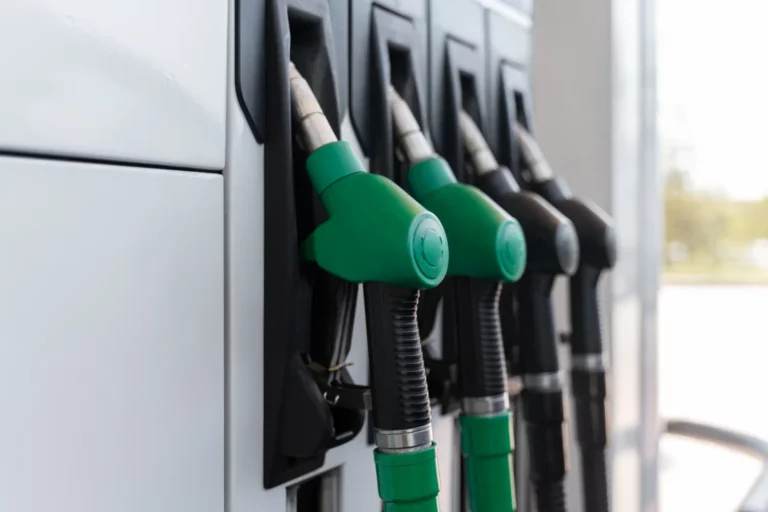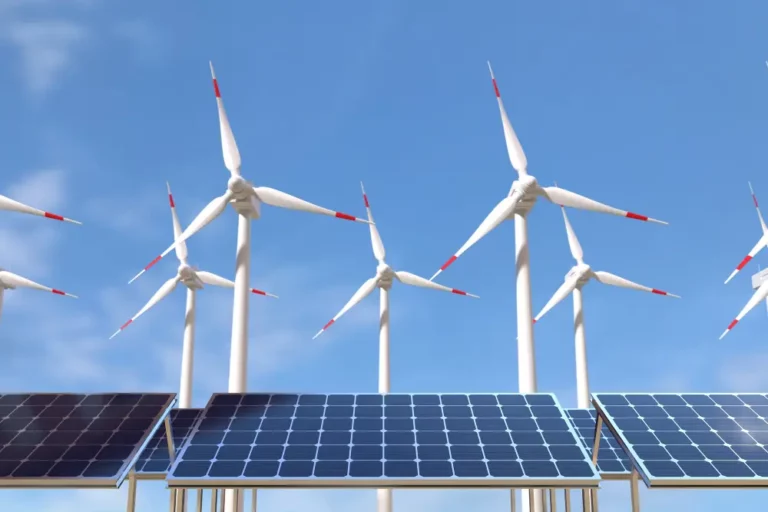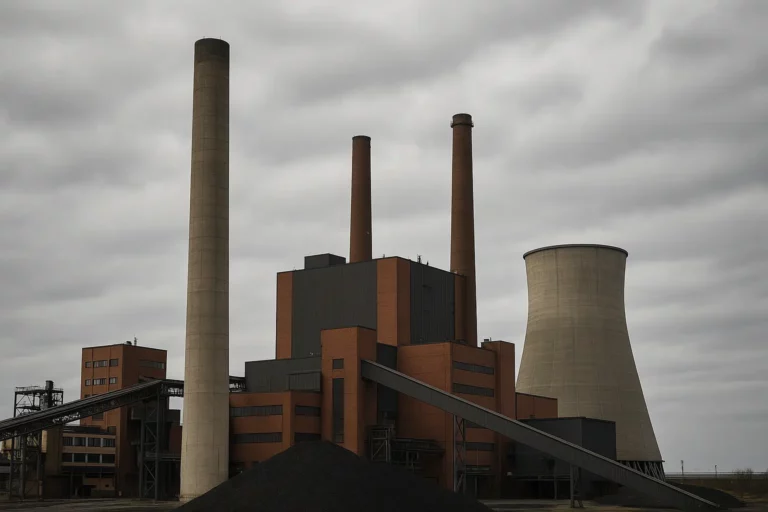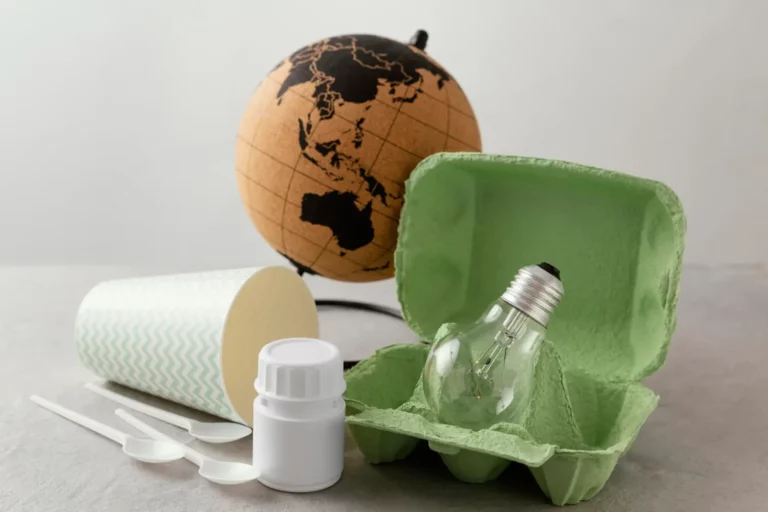Norway is proving that carbon capture and storage (CCS) isn’t just a concept—it’s happening at scale. With the launch of Northern Lights Phase 1, the world’s first open-access, cross-border CO₂ transport and storage project, CCS is now a real, working solution.
And they’re not stopping there. By 2028, Northern Lights will expand to store at least 5 million tonnes of CO₂ per year, up from 1.5 million tonnes in Phase 1. This massive step forward shows that CCS can be technically feasible and commercially viable—but only when the right conditions are in place:
- Strong government policies to support early investments
- Public-private collaboration to share costs and risks
- Open-access infrastructure to allow multiple emitters to use the same storage system
What This Means for Indonesia
Indonesia has a huge CCS opportunity—140 billion tonnes of CO₂ storage potential, or 82% of Southeast Asia’s total capacity (Global CCS Institute, 2023). The challenge? Most of that potential is still sitting on paper, waiting for real-world projects to move forward.
By following Norway’s lead, Indonesia could:
- Cut emissions from key industries like cement, steel, and energy
- Attract billions in green investment from international partners
- Become Southeast Asia’s CCS hub, securing long-term energy security
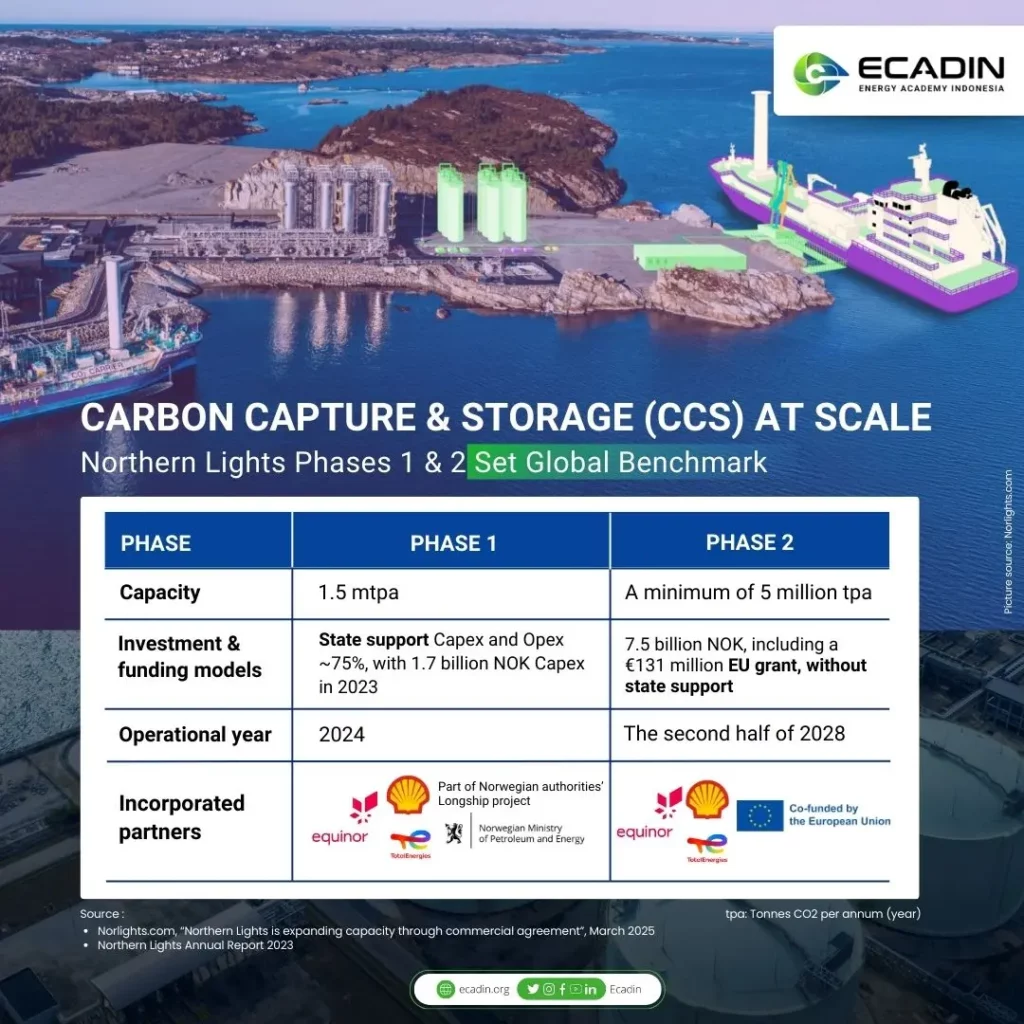
The Key Lesson from Northern Lights
- Phase 1 was 75% funded by the Norwegian government, with a 1.7 billion NOK investment in 2023.
- Phase 2 is shifting to commercial viability, with a 7.5 billion NOK investment, including a €131 million EU grant—but this time, without state support.
This model shows that government backing can kickstart CCS, but eventually, the private sector has to take over for it to scale.
The Window Is Open—But Not Forever
CCS is no longer a “future technology”—it’s already proving itself in Norway. Indonesia has everything it needs to follow suit, but action needs to replace discussions. With the right policies, funding models, and partnerships, CCS could become a game-changer for Indonesia’s energy future.
The world is watching. The time to act is now.
References:



